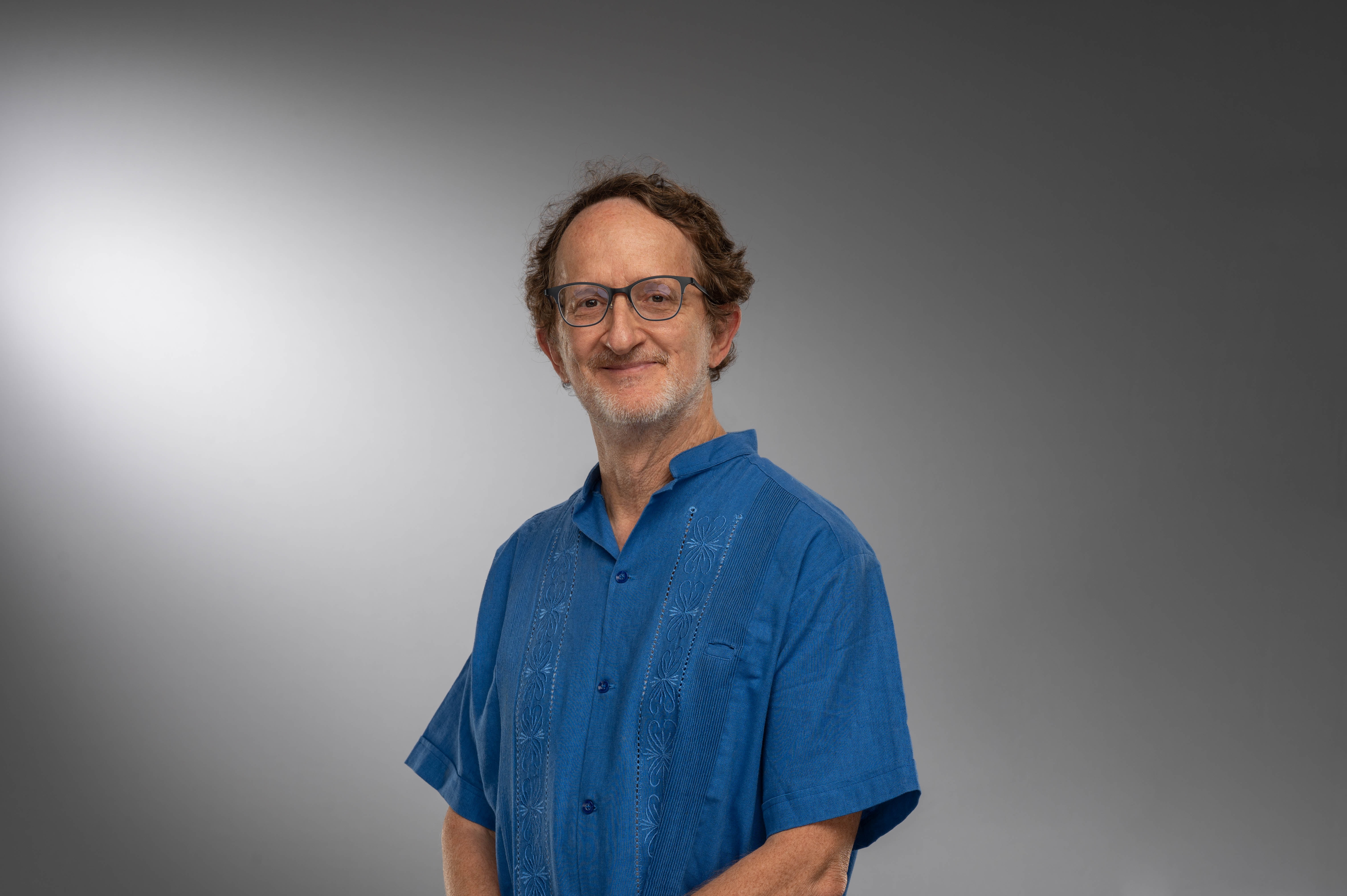A social science approach to sustainability

A social scientist at The University of Texas at Arlington is exploring consumer demand for sustainable products and whether they actually improve sustainability in the communities from which they originate.
The National Science Foundation awarded Christian Zlolniski, professor of anthropology, a $255,000 grant to study the labor and environmental implications of natural resources being marketed as sustainably sourced products.
His study focuses on Mexican beach pebbles, which are sold in the U.S. for landscaping, landscape architecture and beautification projects as a substitute for mulch along walkways, gardens and other outdoor areas.
“When people see products that are part of the ‘green’ industry or that are ‘environmentally friendly,’ it means they are looking for products and resources that aren’t impacting the environment,” Zlolniski said. “It’s important to take it a step further and learn about where the products come from, the labor conditions of the workers who gather them and how the extraction of these natural resources impacts their communities.”
Zlolniski has previously studied labor issues by looking at the lives of undocumented farmworkers in Silicon Valley and Baja California. In Baja California, he noticed some workers participating in “small-scale mining.” That observation inspired his current work.
“I noticed migrant and indigenous workers were working on the beach, doing something that I had never seen before,” said Zlolniski. “They were not harvesting fruits or vegetables, but beach pebbles.”
The market for beach pebbles has expanded rapidly in recent years, said Zlolniski, director of the Center for Mexican American Studies. The study will include field research, as well as tracking and following the commodity chain across Mexico and the United States and investigating the branding strategies used by U.S. companies in marketing and selling.
“It's important that social scientists contribute to ongoing research discussions on issues of sustainability, because we bring a different outlook,” Zlolniski said. “We bring a grounded and granular insight that is important to these discussions.”